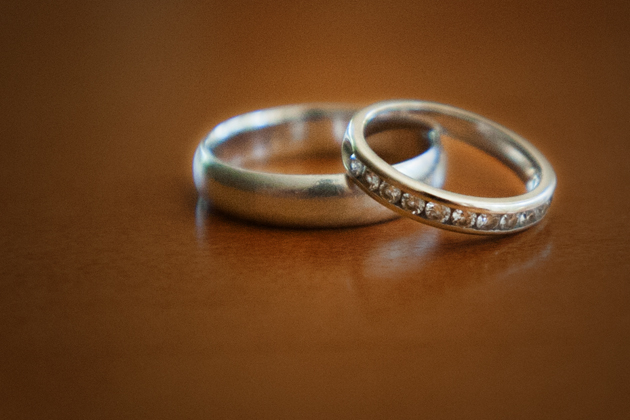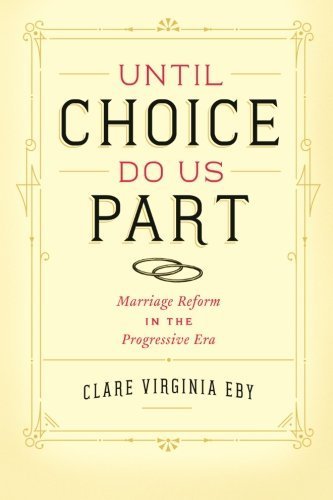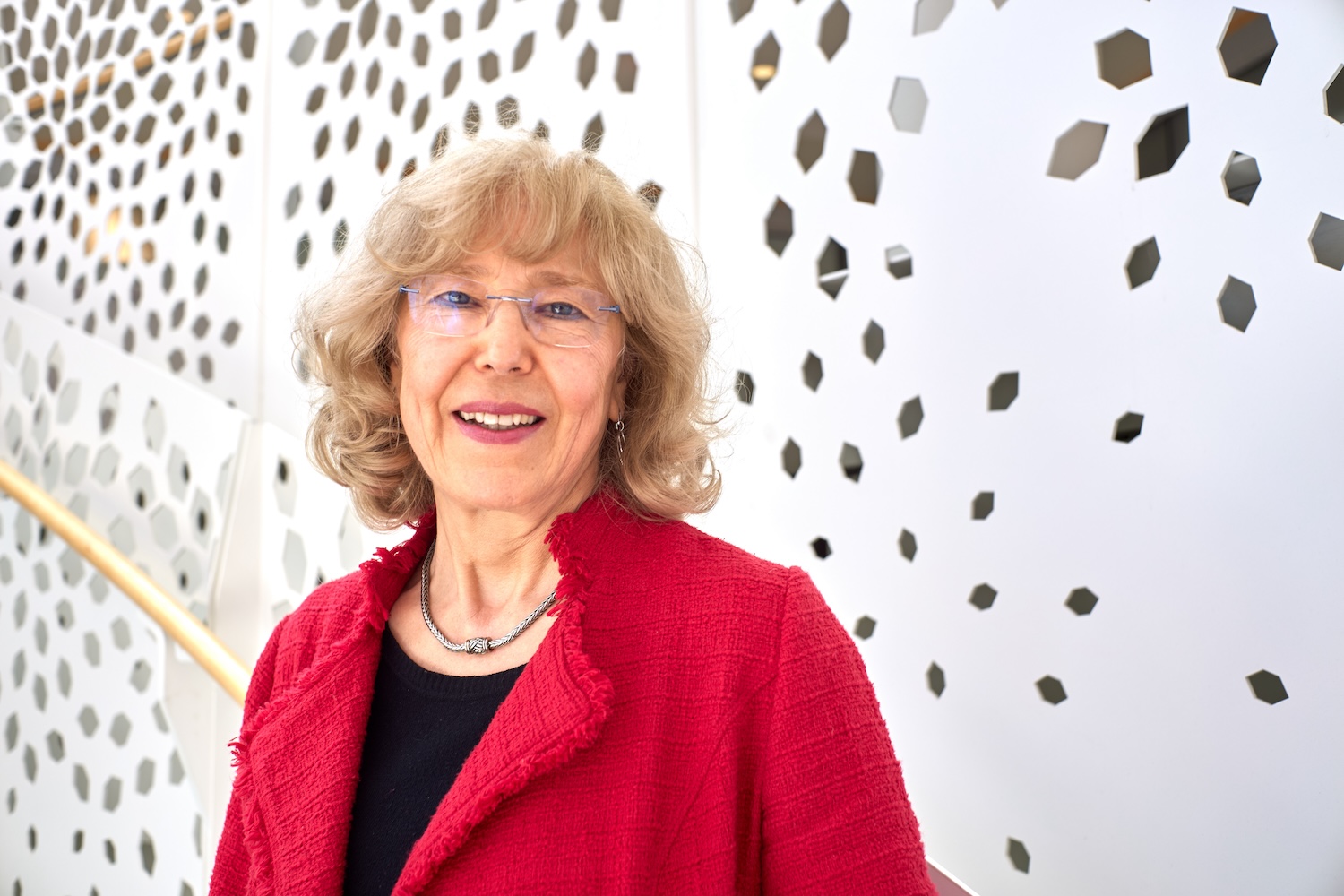The origins of current marital norms in American society can be traced to the theoretical and experimental reform of marriage that took place in the progressive era, according to UConn English professor Clare Virginia Eby in her book Until Choice Do Us Part: Marriage Reform in the Progressive Era (University of Chicago Press, 2014).
In the book, Eby details how, breaking with tradition, marriage theorists at the turn of the 20th century proposed a new egalitarian model of mutual consent and affection. Marital reform ideals included breaking the economic dependency of women, rejecting the validation of marriage by church or state, voluntary monogamy, at-will divorce, and mutual sexual satisfaction.
Redefining the marital relationship was seen as a means to reforming society as a whole, and a variety of writing helped the new model reach a larger reading public.
Eby also examines the lives and writing of three literary couples who experimented with the new ideal, and whose literary works took up the themes of open marriage, sexual variety, emotional compatibility, dual careers, and the end of love in divorce.
Until Choice Do Us Part provides insight into contemporary marriage patterns, and the ongoing tension between love and freedom.
Listen to Eby discussing her book here:
Interview courtesy of New Books Network.





